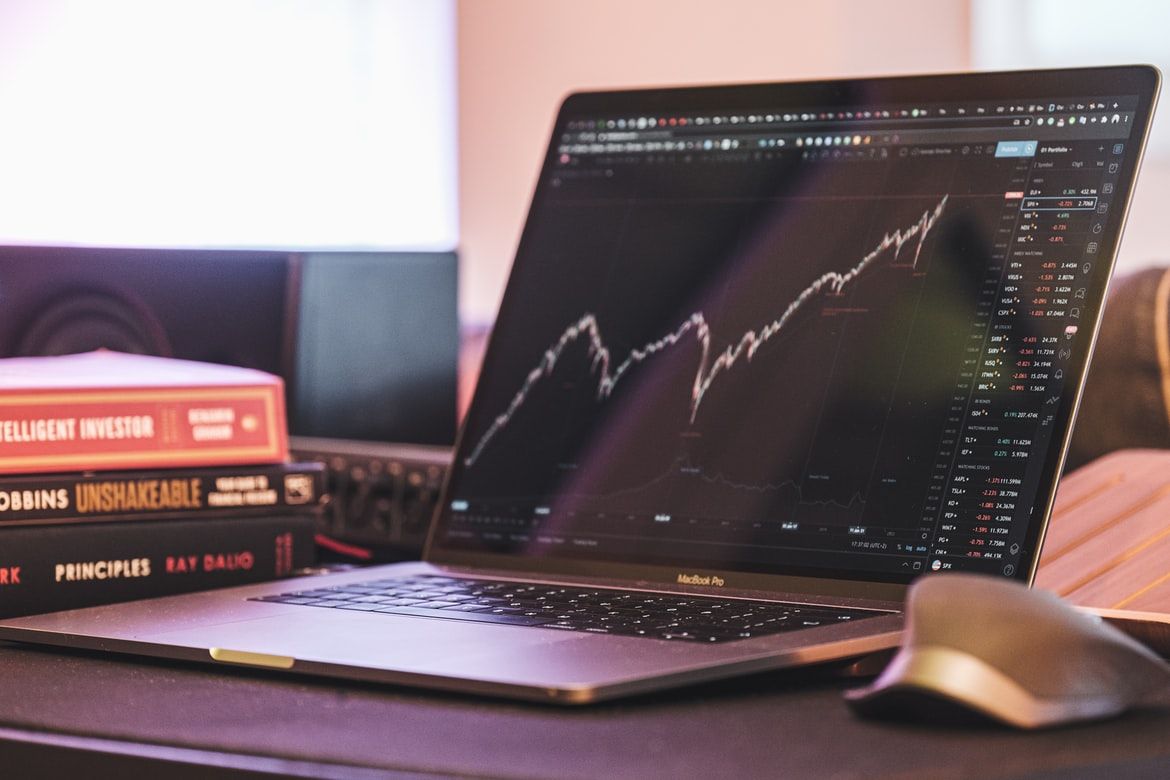Foreign institutional investors (FIIs) sold shares worth a net Rs 2,074.74 crore, while domestic institutional investors (DIIs) bought shares worth a net Rs 2,229.31 crore in the Indian equity market on May 5, as per provisional data available on the NSE.
Also Read| Trade Setup: Top 15 things to know before market opens on May 6, 2022
In the month of April 2022, FIIs sold shares worth a net Rs 40,652.71 crore while DIIs bought shares worth a net Rs 29,869.52 crore.
Also Read| LIC IPO live updates: Largest public issue opens for subscription
The Sensex gained 33.20 points, or 0.06 % to 55,702.23, while the Nifty gained 5.05 points, or 0.03%, to 16,682.65 in the previous session.
Also Read| Explained: Changes in repo rates and their impact on stock market
The Sensex reached highs of 56,566.80 and lows of 55,613.82, respectively. On the index, there were 14 stocks that advanced and 16 stocks that declined.
Also Read| Explained: Difference between RBI’s accommodative, neutral & hawkish stance
The Nifty traded between 16,651.85 and 16,945.70. On the index, there were 21 stocks that advanced and 29 stocks that declined.
Also Read| Why interest rates are being hiked globally?
FII stands for ‘foreign institutional investor,’ and refers to an investment fund or an investor who puts their money into a country’s assets while being headquartered outside of it.
Also Read| Adani Power Q4 Results: Profit jumps to Rs 4,645 crore, EBIDTA rises 271%
In India, this is a commonly used term to refer to outside entities contributing to the country’s financial markets by investing.
Also Read| How inflation affects RBI’s interest rate policy
On the other hand, ‘DII’ stands for ‘domestic institutional investors.’ Unlike FIIs, DIIs are investors that invest in the financial assets and securities of the country they are currently residing in.
Also Read| Explained: How the crypto landscape has changed in India
These investment decisions of both FIIs and DIIs are impacted by political and economic trends. Additionally, both types of investors — foreign institutional investors (FIIs) and domestic institutional investors (DIIs) — can impact the economy’s net investment flows.







